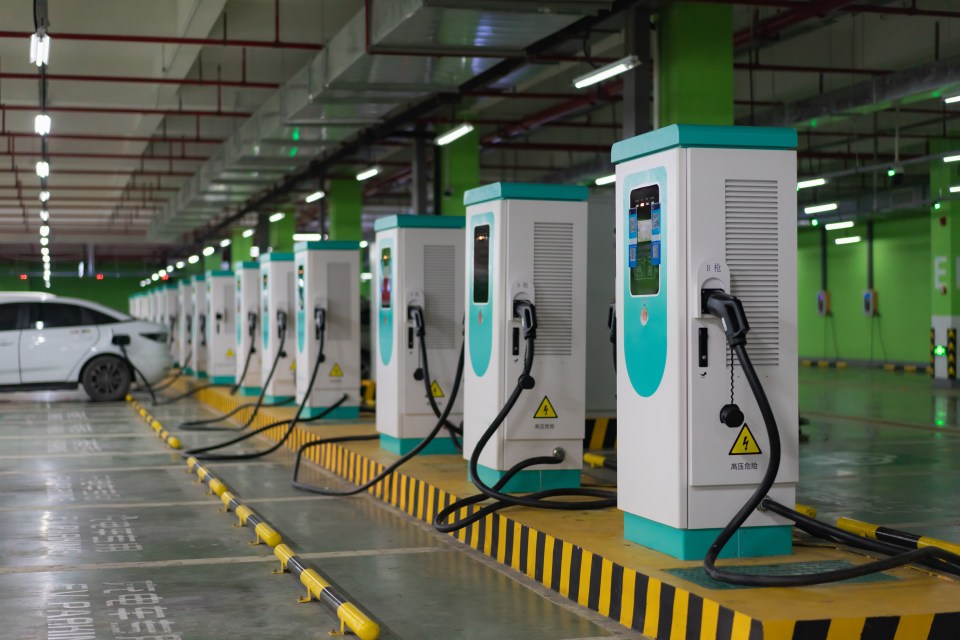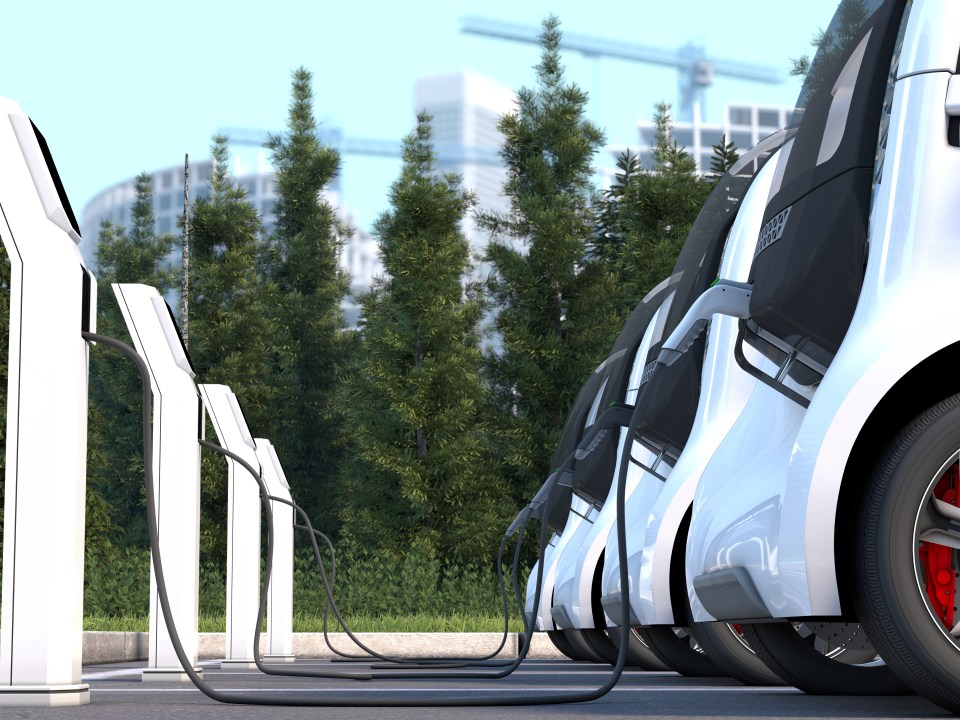A MAJOR rule change could affect millions of electric vehicle drivers.
The rule came into effect on May 29.
It is good news for electric vehicle drivers, as the new rule means that drivers and businesses no longer need to submit a planning application before installing public or private EV sockets.
It’s hoped that it will save both money and time for drivers and the planning committees.
Lilian Greenwood, the Future of Roads Minister, announced the news.
She said in an announcement: “More drivers will be able to save up to £1,100 a year as the government cuts red tape to make it easier than ever to install electric vehicle chargepoints.”
This saving is calculated for the comparative running cost of a petrol or diesel model.
The minister is hoping that the new system will lead to more public charging points, encouraging drivers to go electric.
There are currently an estimated 80,000 charge points in the UK. with one installed every 29 minutes according to the statement.
In the last year alone, 18,000 sockets were installed in workplace carparks.
Further incentives have been offered through a scheme that entitles those renting or owning a flat with on-street parking to receive £350 off the cost of installing a home charger.
Some motorists seemed less than thrilled by the news, sharing their concerns on social media.
One person wrote: “There’s four houses on my street it’s going to be chocker block, my husband wouldn’t be able to pull into the drive.”
Others were skeptical about how successful the scheme will be, as one said: “It will take decades for electric infrastructure not to mention the streets and homes and flats with no access for electric charging points.”
Another commented: “Why is our government so fixed on forcing us down the ev route…most manufacturers are scaling back on ev now.”
As more car manufacturers shift towards electric vehicles, the government is hoping Britain will become a leader in the eco-friendly industry.
Not only will this help with meeting climate targets, but they hope it will also create more jobs as part of their Plan for Change initiative.
The government has already safeguarded 150,000 jobs in the industry through trade deals with the US, India and the EU.
A further 1,000 jobs were created by an investment of £1 billion in a Sunderland-based gigafactory – the term for an electric vehicle manufacturing plant.
Responding to the new changes, the Operations Director of Osprey Charging Network Lewis Gardiner, said: “This is a hugely welcome and practical change that will make a real difference on the ground.
“Removing the need for planning permission for essential electrical infrastructure like substations across the majority of sites will save months of delays, reduce costs and accelerate the delivery of the rapid charging hubs drivers need.
“It’s the result of months of collaboration between industry and government and we’re proud to have played a key role in making it happen.”
Switching to an electric vehicle can bring a range of benefits for drivers, particularly as the market continues to expand.
This includes financial benefits like the running costs being as low as 2p per mile.
As the market expands, EV cars are becoming more affordable, with 2 in 5 used EVs now under £20,000 and 29 brand new models for under £30,000.
Their engines have also improved, with most new EVs boasting a range of nearly 300 miles on one charge.
The new government rule is helping to make it easier than ever to drive an electric vehicle, with the hopes of encouraging more accessible charging stations across the UK.
















